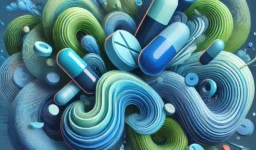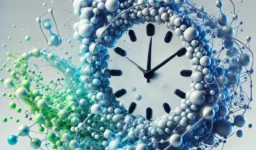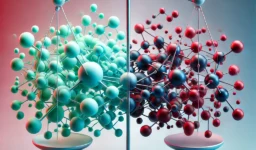Sildenafil, the active ingredient in both Viagra and its generic counterparts, is a drug that inhibits the enzyme responsible for degrading a substance regulating blood flow in the penis. Developed in 1989 by British scientists A. Wood and P. Dunn, Sildenafil citrate was first approved by the FDA in 1998 as a treatment for erectile dysfunction. Initially, Pfizer held the patent for manufacturing Sildenafil under the brand name Viagra. However, in 2013, the patent expired, allowing other companies to produce generic versions of the drug.
Viagra pills are renowned for their distinctive blue, diamond-shaped appearance, which was patented by Pfizer. In contrast, generic Sildenafil pills may be white or blue, depending on the manufacturing company. Both Viagra and generic Sildenafil are available in 25 mg, 50 mg, and 100 mg tablets. Due to competition among generic drug manufacturers, Sildenafil is generally more affordable than Viagra, with the price difference reflecting the premium paid for the brand name.
Both brand-name and generic Sildenafil contain the same amount of active ingredient, ensuring equal efficacy. The FDA mandates that generic medications have the same active ingredient concentration as their brand-name equivalents. Consequently, both Viagra and Sildenafil ( such as cenforce 100, kamagra 100, suhagra 100, revatio 20 mg ) boast a similar efficacy rate of approximately 70%. In the United States, however, a doctor’s prescription for Viagra cannot be directly substituted with generic Sildenafil without explicit consent during the prescription process.
For optimal results, both Viagra and Sildenafil should be taken 50-60 minutes before sexual activity on an empty stomach. Alcohol consumption should be avoided, as it may diminish the drug’s effectiveness. The recommended dosage typically remains active for 4-6 hours. Neither medication increases libido; rather, they become effective following sexual stimulation.
Contraindications and side effects are similar for both drugs. Individuals with a history of recent heart attacks, strokes, liver disease, or those using nitrates should not take these medications. Potential side effects, although uncommon, may include headaches, sleeplessness, diarrhea, and flushing. These side effects usually subside within a few hours.
It is a common misconception that these drugs cure erectile dysfunction. In reality, they only alleviate symptoms. The underlying causes of erectile dysfunction, which can be physical or psychological, require professional medical attention for proper treatment.



